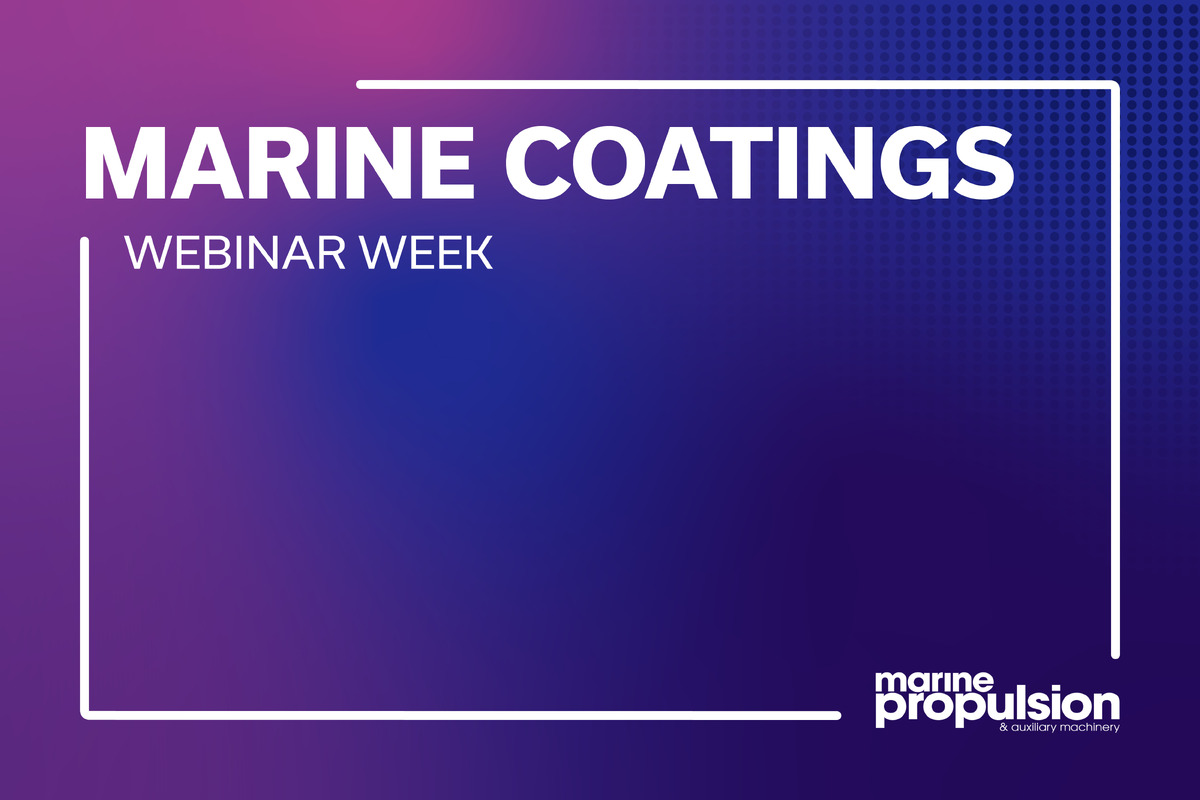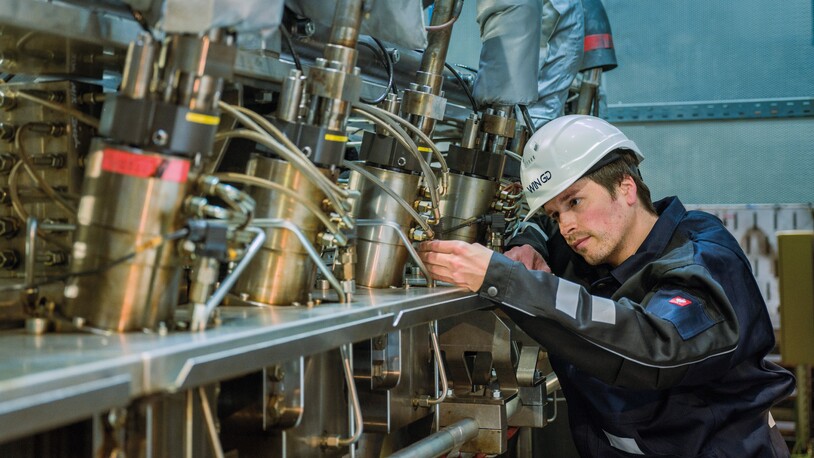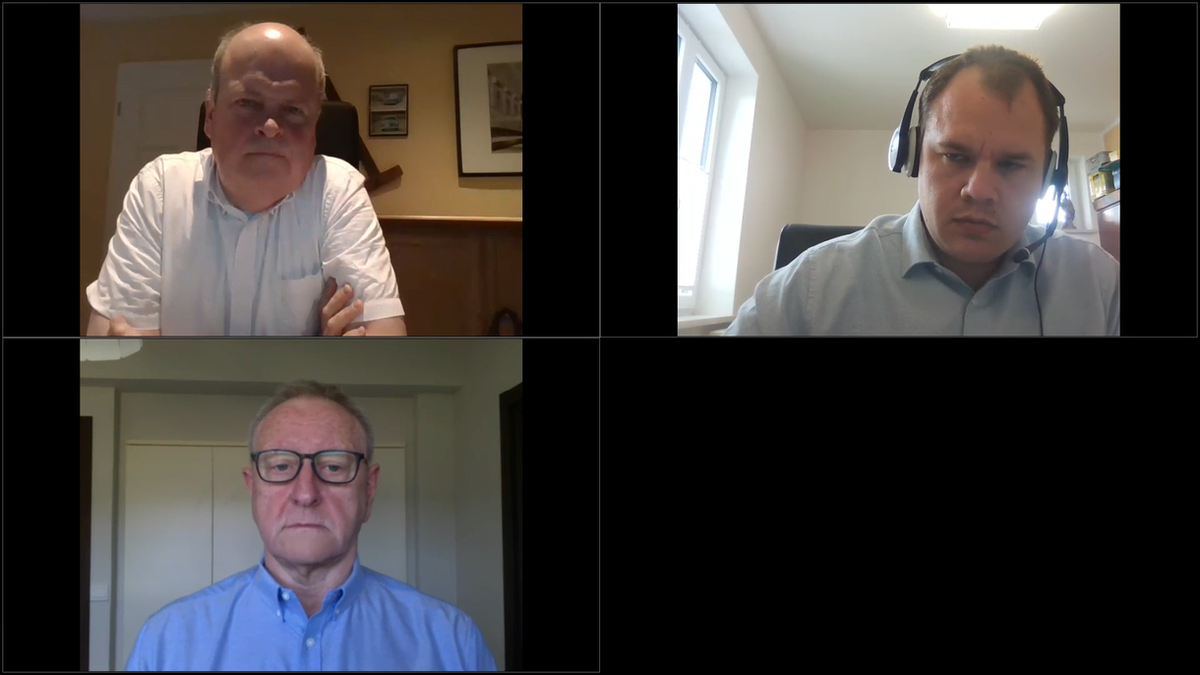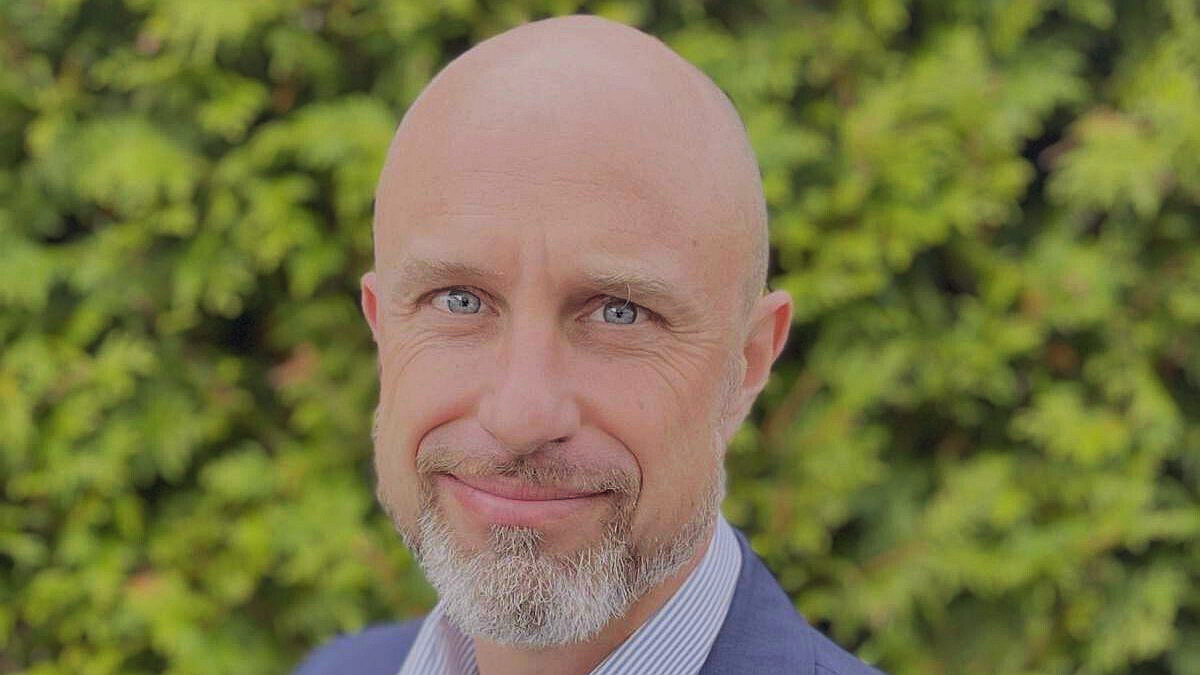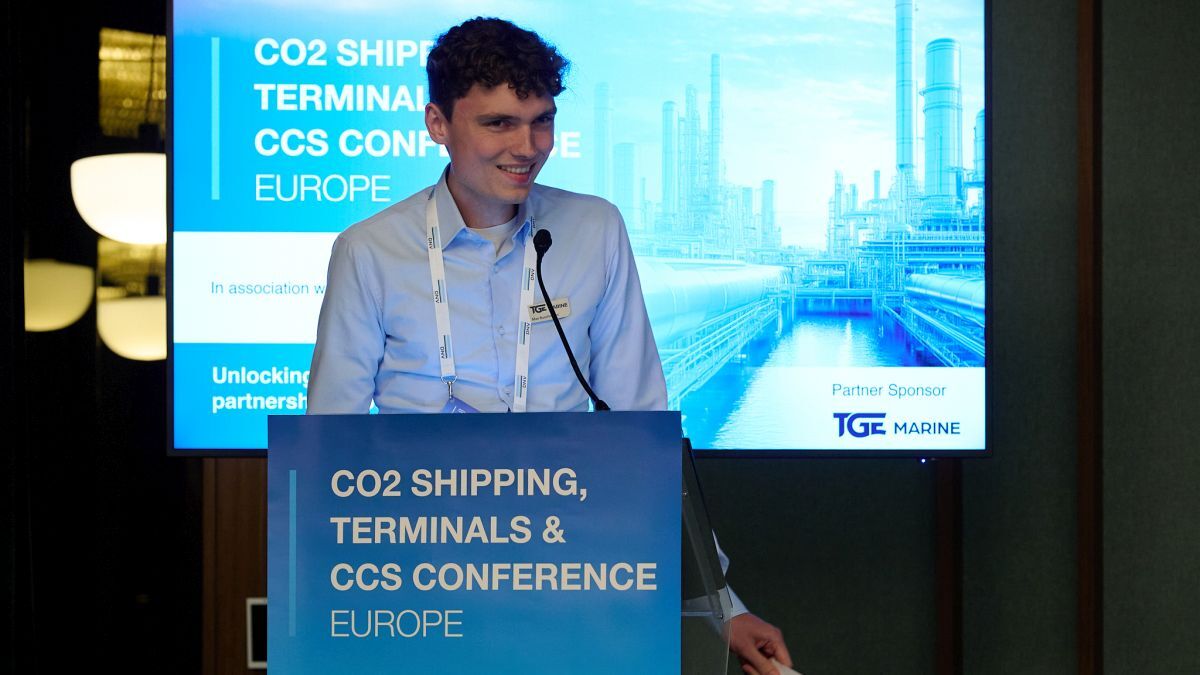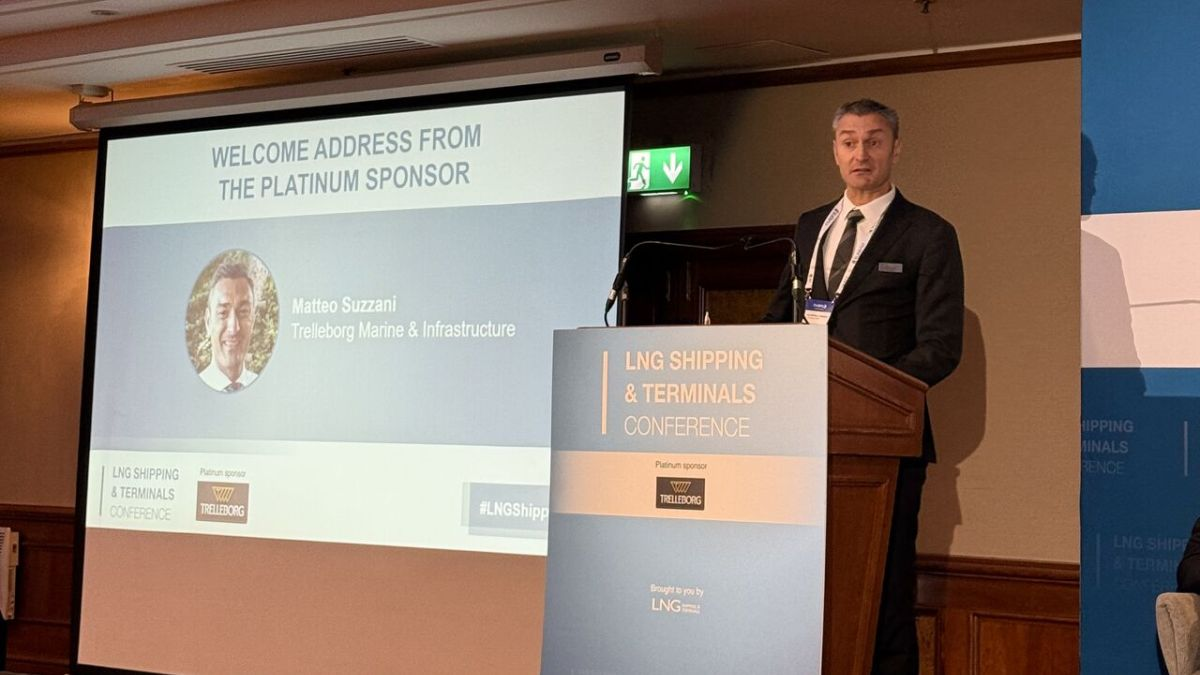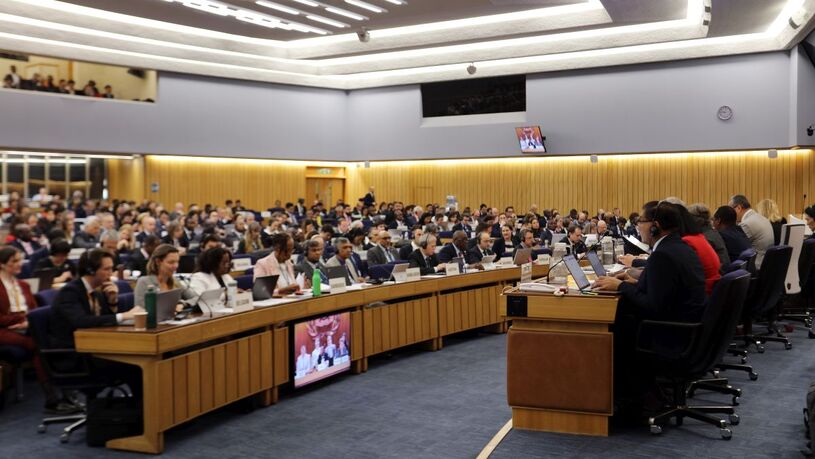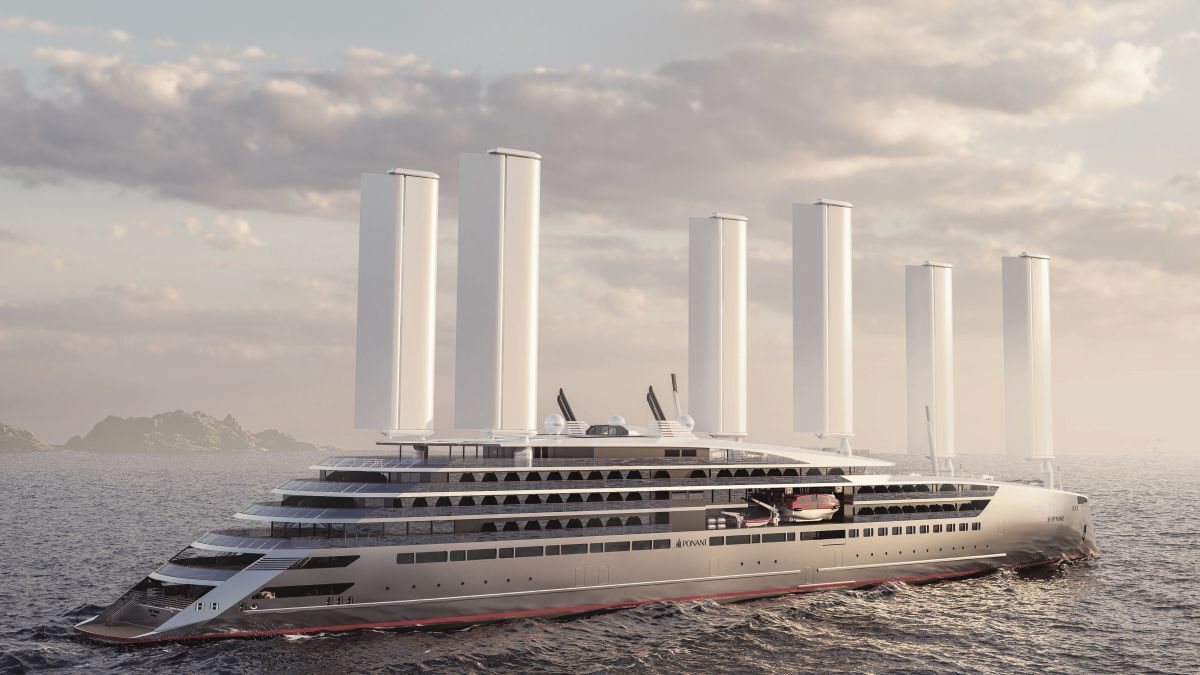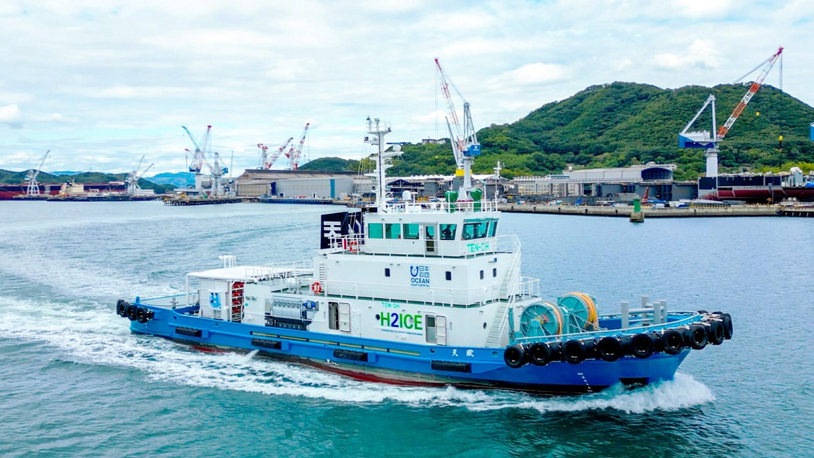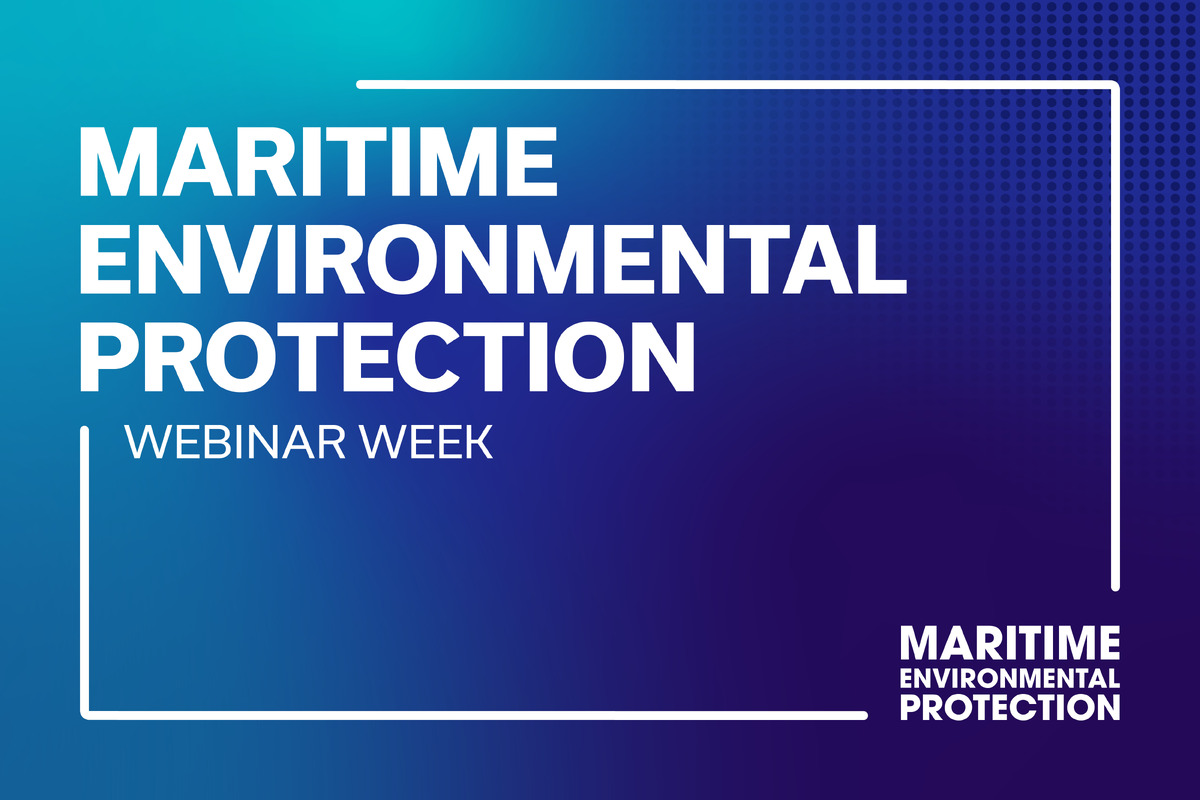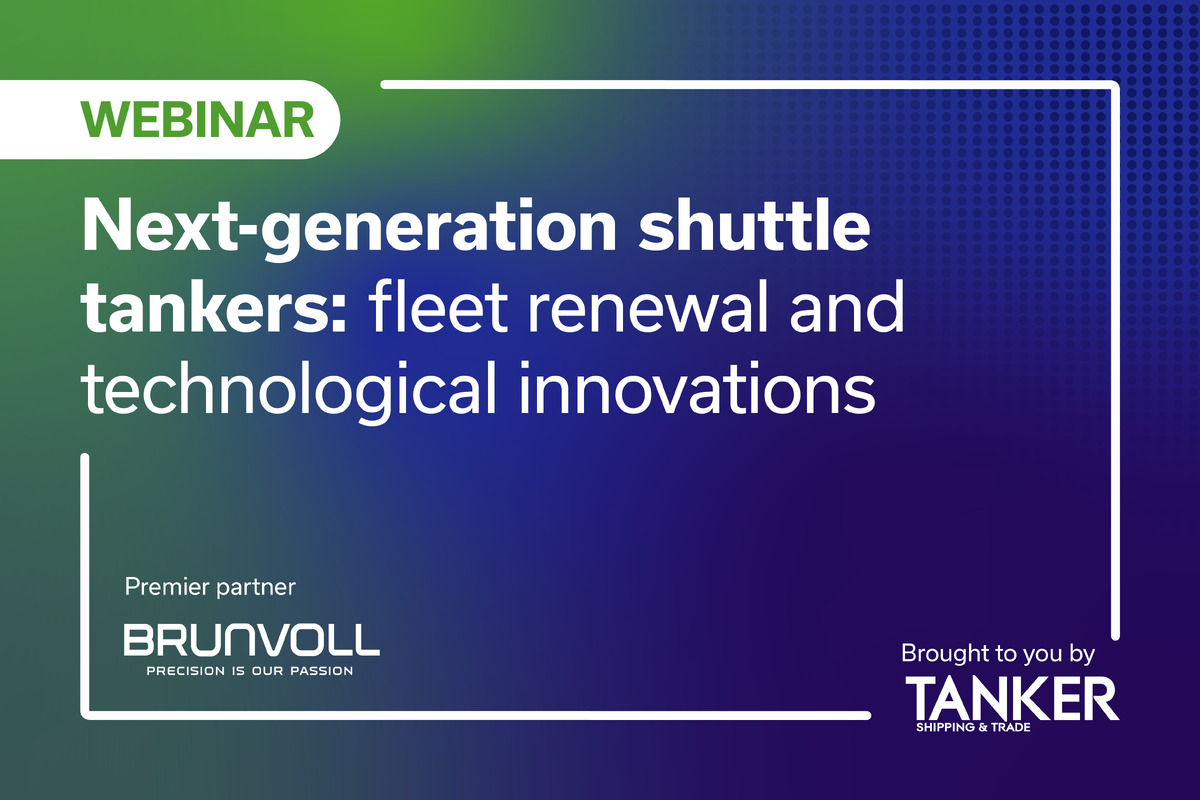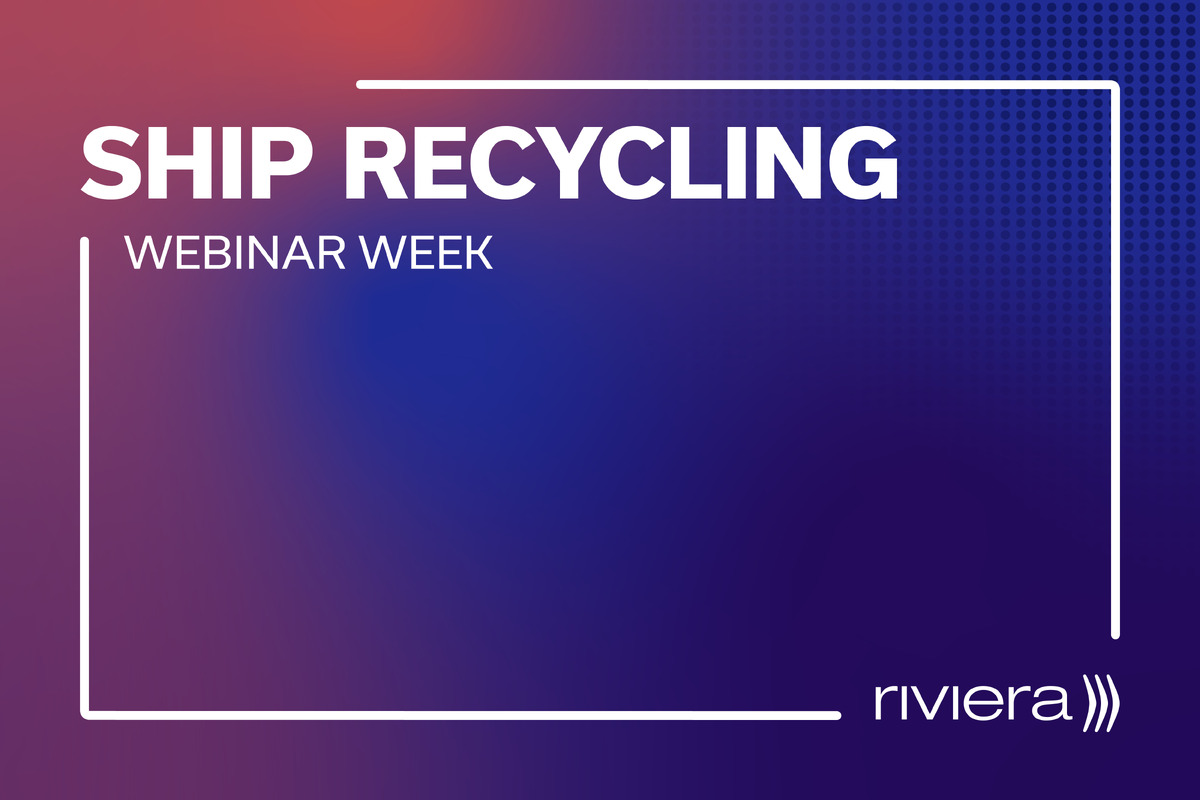Business Sectors
Events
Marine Coatings Webinar Week
Contents
Turbocharger development and the emissions challenge
In our Marine Turbochargers OEM Forum, panellists weighed in on the ways turbocharger technology could evolve as OEMs balance compliance with ever-tightening environmental regulations and fleet performance requirements
The webinar was part of Riviera Maritime Media’s multi-week series beginning with this week’s Maritime Propulsion Webinar Week.
GasKraft Engineering owner Professor Dr Hinrich Mohr, KBB Key Account Manager Florian Hermann and Tufton Asset Management Fleet Efficiency & Project Manager, Paul Morgan presented and engaged in debate surrounding turbocharger technology as a pathway to lower emissions.
Dr Mohr said turbochargers in the future will have to be more powerful as the industry seeks higher BMEP combined with effective engine downsizing. Increased use of hybrid engines bring higher demands on turbochargers due to more frequent start-stops, PTO and PTI requirements. Dr Mohr said engines will run cleaner and quieter on new fuels and turbochargers will have to adapt to the new requirements.
“Existing engines have to deal with the reduction of emissions and noise. They have to be flexible with at least some fuels, at least up to methanol. This means we have to retrofit turbochargers to adapt to these new fuels,” Dr Mohr said.
As Mr Hermann explained, the need to continually improve combustion engines requires turbochargers to be smaller, more efficient and increase airflow at a higher pressure. Single stage turbochargers currently deliver pressures up to 5 bar.
KBB’s ST27-EP series turbocharger has been specially developed for higher airflow, runs at higher temperatures and satisfies requirements for higher heat dissipation, offering better sealing systems and a redesigned rotor to withstand higher torque, he said.
However Mr Hermann said two-stage turbochargers are already in service with typical pressure ratios up to 10. Based on market requirements he expects the next generation to further exceed that. The industry as a whole is not always aware of the scale of the advancements being made, he said.
When polled, 75% of the webinar’s attendees said they believe two-stage turbochargers have a long-term future in the industry. However, more than half of respondents also said they felt turbocharger technology can still improve in terms of fuel economy and environmental performance. And roughly two-thirds of attendees agreed that VLSFOs have adversely affected turbocharger performance.
From the operational side, Mr Morgan raised similar concerns over the effect of the introduction of new fuels and the compounded focus on advancing technology when operators had existing equipment to consider. With an older fleet, it all comes down to maintenance costs, he said. The focus needs to come back to maintenance and reliability, according to Mr Morgan.
You can view the webinar, in full, in our webinar library.
And you can sign up to attend one of our many upcoming webinars on our events page.
Related to this Story
Events
Marine Coatings Webinar Week
Maritime Environmental Protection Webinar Week
Ship Recycling Webinar Week
© 2024 Riviera Maritime Media Ltd.
